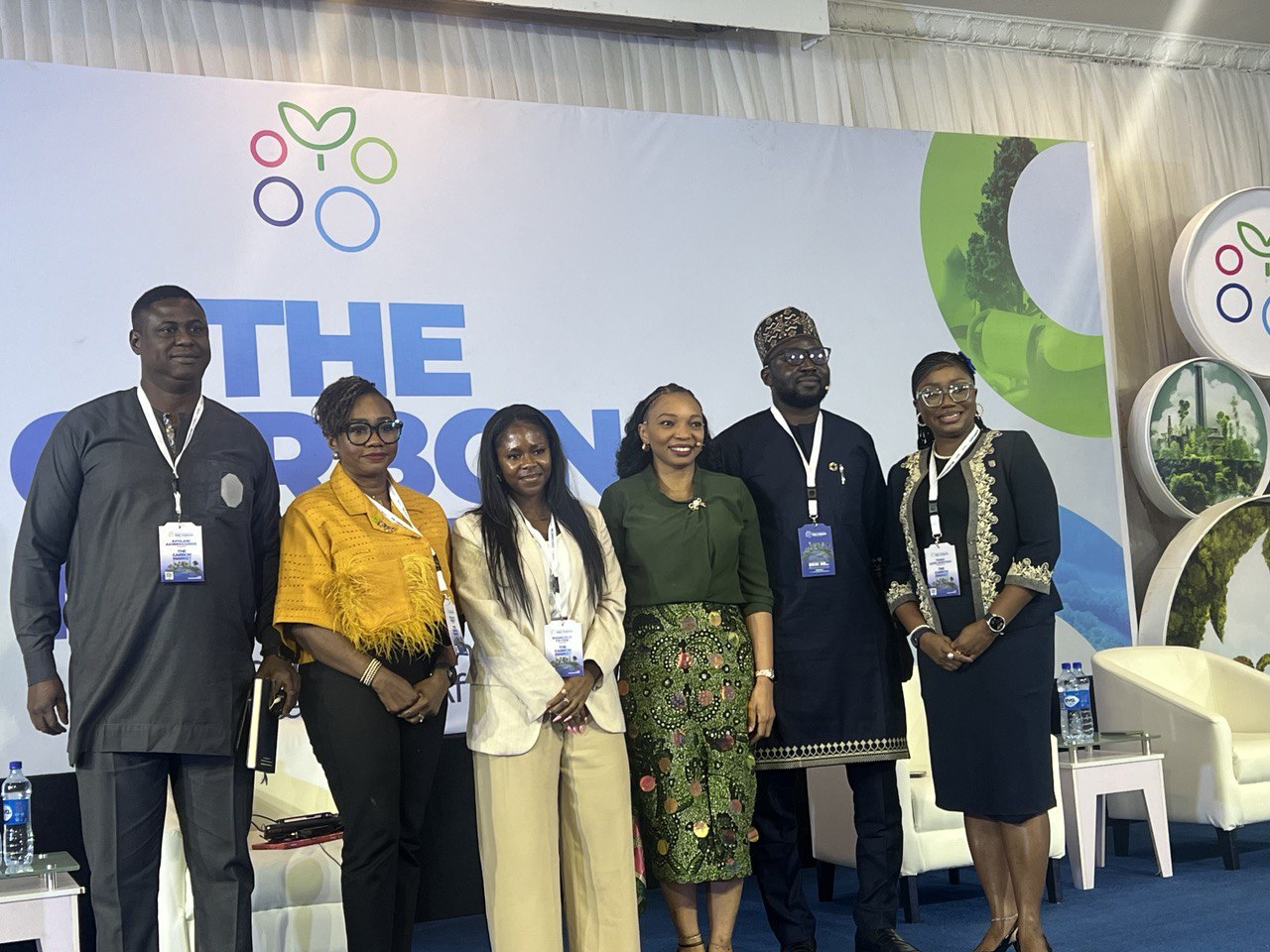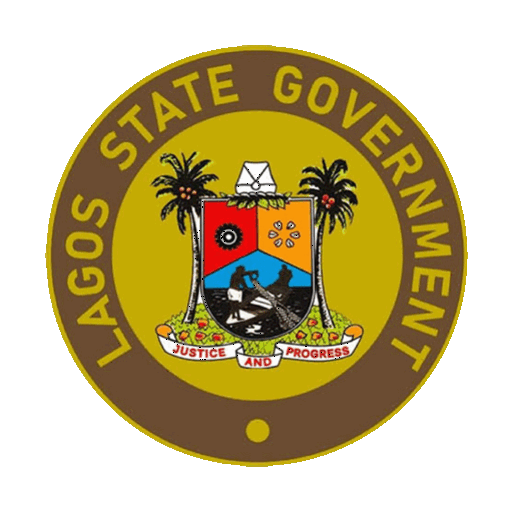
Mrs. Titilayo Oshodi Discusses Decarbonization Financing at the ESG Summit Forum in Lagos.
Lagos, November 18, 2024.
At the second edition of the Private Sector ESG Forum, held at the Civic Center, Victoria Island, Lagos, Mrs. Titilayo Oshodi, Special Adviser to the Lagos State Government, was invited to speak at the panel discussion titled “Cost of Decarbonization: Financing Decarbonization Projects.” Her session, which focused on the challenges and solutions for financing Africa’s transition to low-carbon technologies, emphasized the importance of innovative financing, government policy support, and public-private partnerships (PPPs) in facilitating decarbonization efforts.
Mrs. Oshodi addressed the significant challenges African businesses face in adopting low-carbon technologies, citing high upfront costs, limited access to finance, and technical expertise as key barriers. She underscored the need for green finance tools such as, green bonds, concessional loans, and carbon credit markets to make the transition more affordable for businesses. In particular, sustainability-linked loans and the ECOnomy Business Network were highlighted as effective mechanisms to connect businesses with green finance opportunities.
To mitigate the high costs associated with transitioning to low-carbon solutions, Mrs. Oshodi emphasized the role of Public-Private Partnerships (PPPs). She shared how Lagos is employing this model to reduce the financial burden on businesses, particularly through initiatives like ECO-circulate, which helps micro and small businesses manage waste sustainably, turning waste into resources while reducing emissions. These partnerships are critical to providing businesses with the technical support and financial resources they need to adopt low-carbon technologies.
According to Mrs. Oshodi, government policies are crucial in creating an enabling environment for decarbonization. Lagos has introduced incentives for businesses involved in the circular economy, such as tax breaks and green procurement policies that encourage sustainable practices across sectors. Additionally, collaborations with international financial institutions have helped secure grants and concessional loans, providing local businesses with the financial resources needed for climate-related projects.
Mrs. Oshodi also stressed the importance of transparent ESG reporting to attract investors. By consistently adopting and reporting on environmental, social, and governance (ESG) metrics, businesses can demonstrate their commitment to sustainability and gain the confidence of investors. Lagos’ ECOnomy Business Network plays a vital role in helping businesses implement best practices in ESG reporting, which strengthens their ability to secure green finance and investment.
In conclusion, Mrs. Oshodi reaffirmed that achieving decarbonization in Africa requires a multi-faceted approach involving innovative financing, supportive government policies, public-private partnerships, and clear ESG reporting. She emphasized that collaboration is key, citing Lagos’ efforts to foster a low-carbon economy through partnerships with both local and international stakeholders. As part of its commitment to building a sustainable, low-carbon future, Lagos continues to lead by example, supporting businesses through innovative financing solutions and collaborative partnerships.


